SUMMARY
This is AI generated summarization, which may have errors. For context, always refer to the full article.
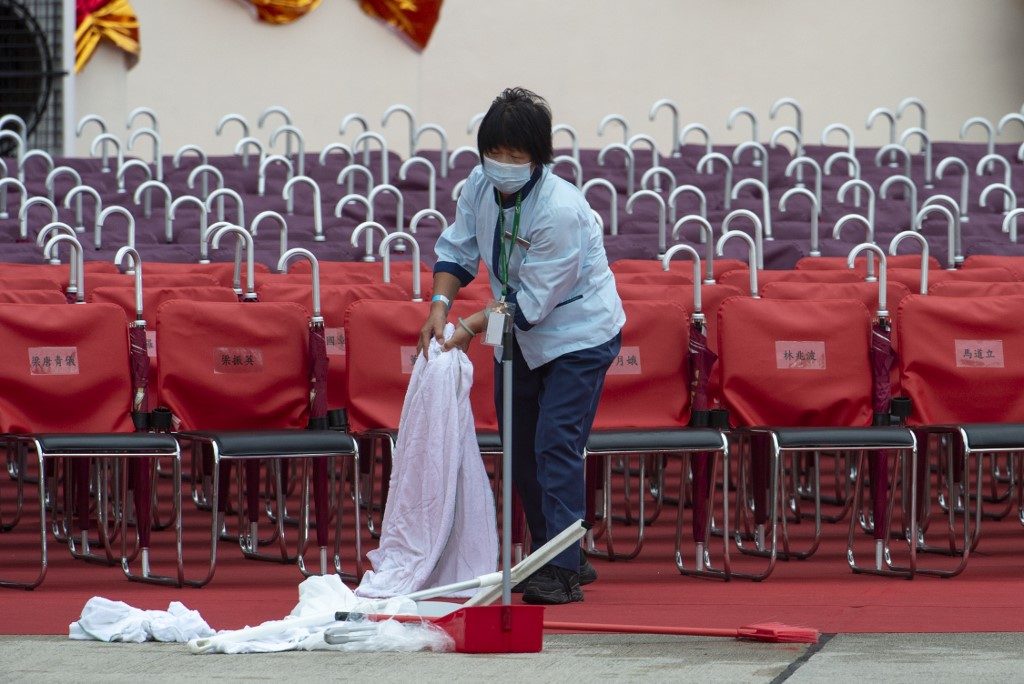
Thousands of riot police were stationed across Hong Kong on Thursday, October 1, to stamp out any large democracy rallies as the restless financial hub marked China’s National Day under the shadow of a growing crackdown on dissent.
The People’s Republic of China celebrates its founding on October 1 with a holiday and carefully choreographed festivities.
But in Hong Kong, it has become a day of grievance for those worried about authoritarian Beijing’s encroachment on freedoms.
Helicopters flying the Chinese and Hong Kong flags buzzed the harbor as city leader Carrie Lam and senior mainland officials attended a ceremony in an exhibition center ringed by police and security barriers.
Last year the 70th anniversary brought fierce clashes between protesters and police during 7 straight months of democracy demonstrations that swept Hong Kong.
Authorities denied permission for a protest march this year, citing security concerns and an anti-coronavirus ban on more than 4 people gathering in public.
A police source told AFP that 6,000 police officers had been drafted in to stop any protests – double the contingency usually placed on reserve for days when the force expects demonstrations to occur.
On messaging forums used by protesters some have called for evening flash-mob rallies since the official march was banned. But it is unclear whether any mass gatherings will materialize.
Close to the exhibition center where the ceremony was taking place, 4 members of the opposition League of Social Democrats shouted slogans such as “End one party rule,” surrounded by some 40 police officers.
Police officers were seen searching cars at a major harbor tunnel on Thursday morning and maintained a high presence throughout the city.
This week police said they had arrested 5 people on suspicion of inciting others to protest and commit violent acts.
“If you break the law, police will bring you to justice no matter what remote corner of the Earth you flee to,” police chief Chris Tang said.
New security law
The rally application was made by the Civil Human Rights Front – a coalition that organized record-breaking democracy marches last year.
The group is calling for the release of 12 Hong Kongers in mainland Chinese custody who were caught last month trying to flee protest-linked prosecutions.
Those 12 were trying to escape to Taiwan by boat but were intercepted by the Chinese coastguard and have since disappeared into the mainland’s opaque judicial system.
For most of this year, protest has been all but impossible in Hong Kong.
On the rare occasions when demonstrations do bubble up, riot police and plain-clothes officers within the crowds move quickly – on one day last month nearly 300 people were arrested.
Over the last 16 months more than 10,000 have been detained during protests, and the courts are crammed with trials. Many prominent protest leaders are being prosecuted.
“Even if they try to arrest us, prosecute us, and lock us up in prison, there is no reason for us to surrender,” the city’s most high-profile activist, Joshua Wong, told reporters on Wednesday as he appeared for a court hearing for one of 3 prosecutions he faces.
The crackdown has been aided by a sweeping national security law that China imposed on the city in June.
The broadly worded legislation criminalized expressing certain opinions, deepened the political chill seeping into the city and allowed mainland China’s security apparatus to operate openly in Hong Kong for the first time.
It has led to sanctions by the United States and condemnation by many other Western nations.
But Beijing and Hong Kong authorities say it is needed to restore stability.
“The national security law will absolutely stop rabble-rousers in Hong Kong from having their capricious way,” the Liaison Office, which represents China’s government in Hong Kong, said on Tuesday.
“We firmly support the city’s government and police in enforcing the law decisively to ensure that the vast majority of residents enjoy a joyful and harmonious festival.” – Rappler.com
Add a comment
How does this make you feel?
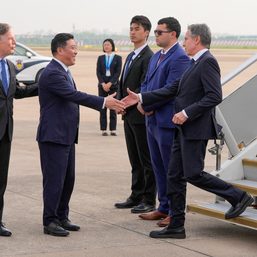
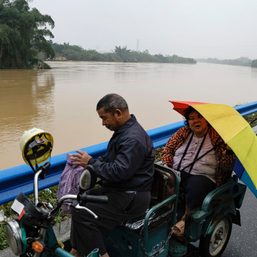
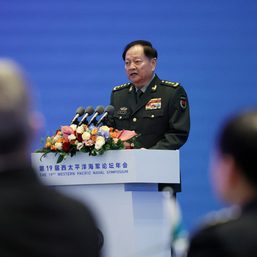
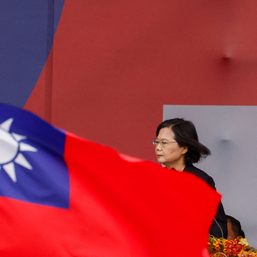
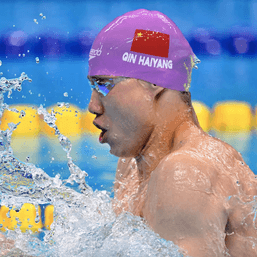
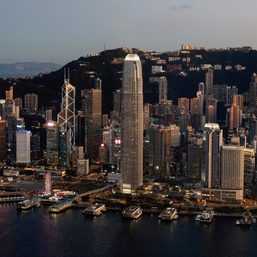
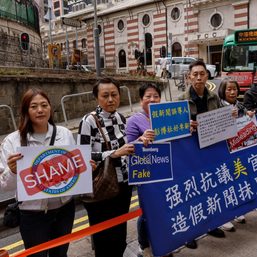
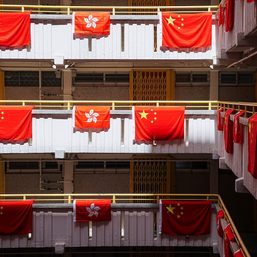
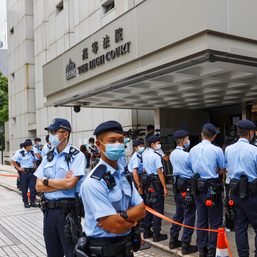
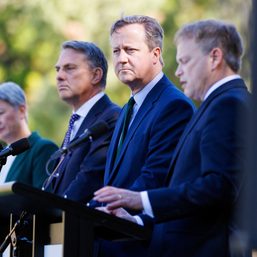
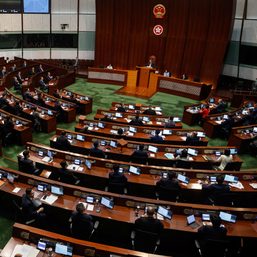
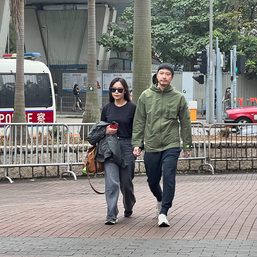

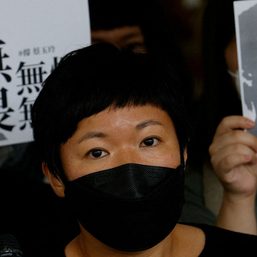
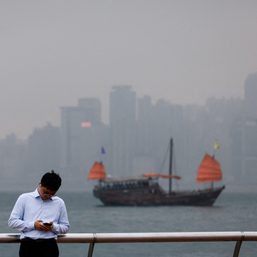
There are no comments yet. Add your comment to start the conversation.